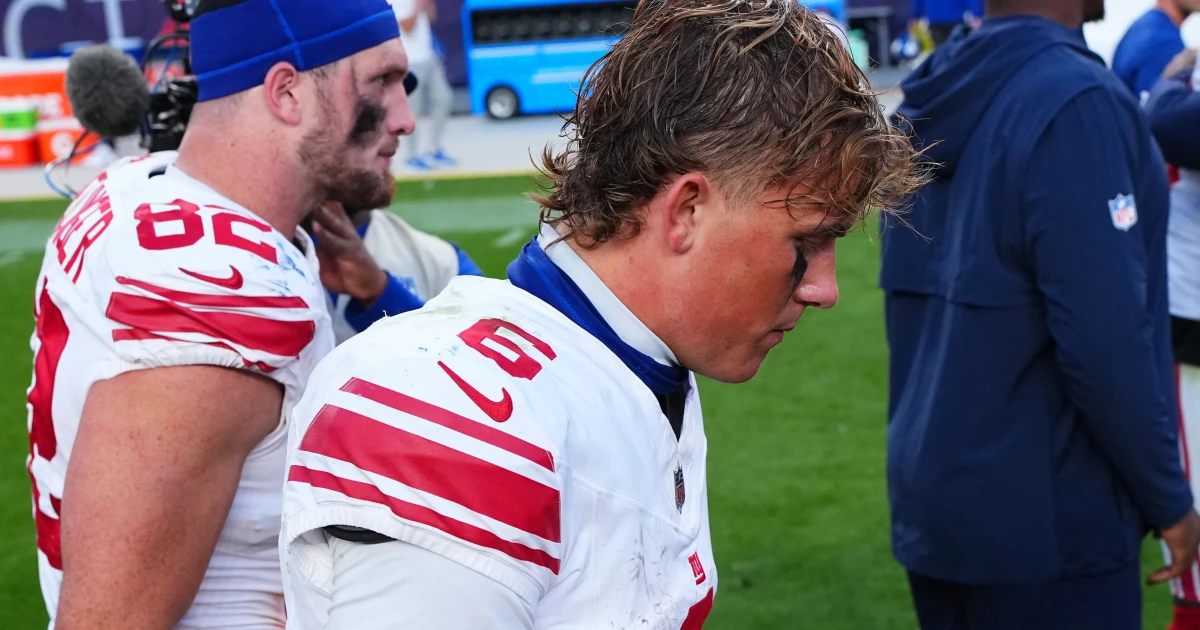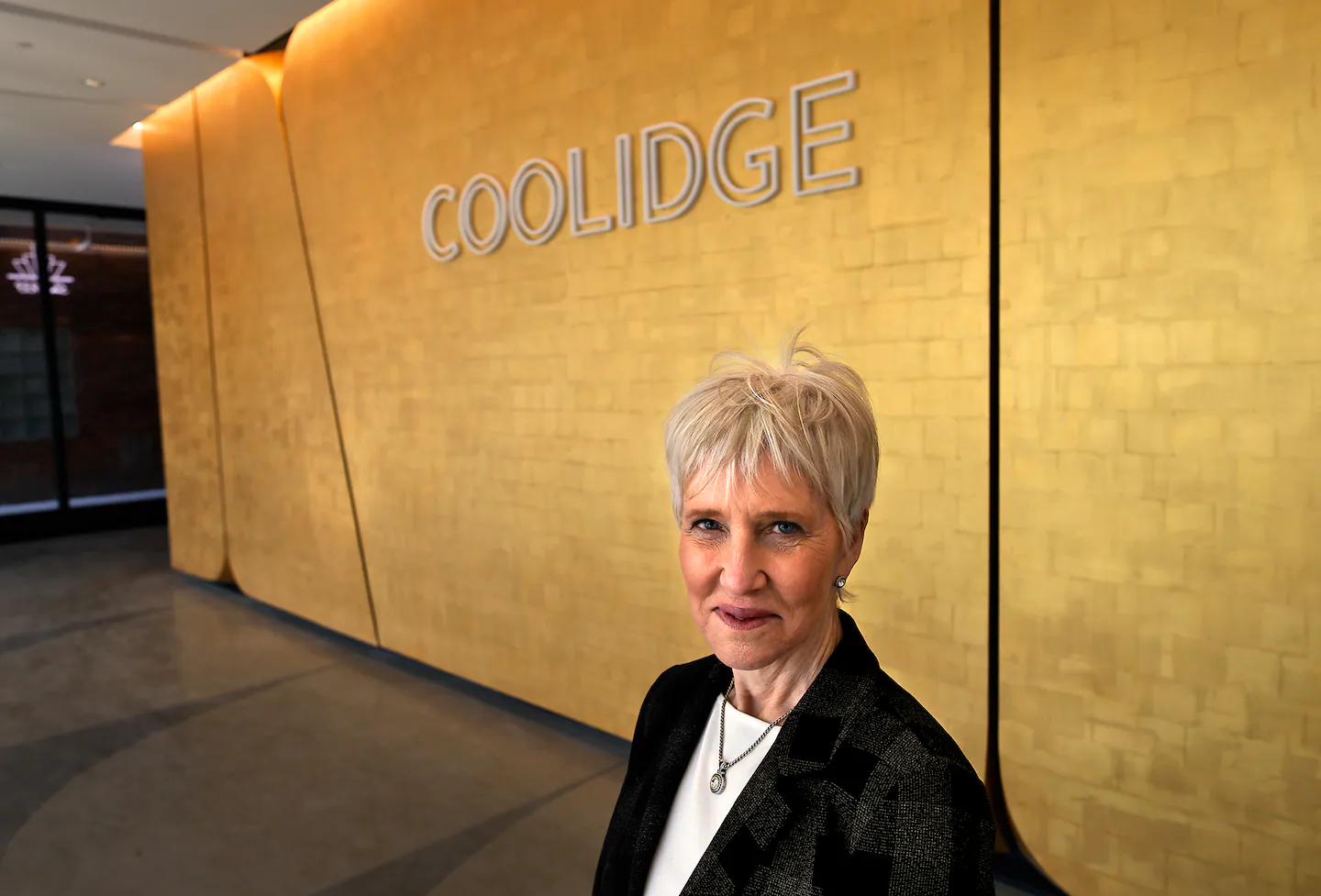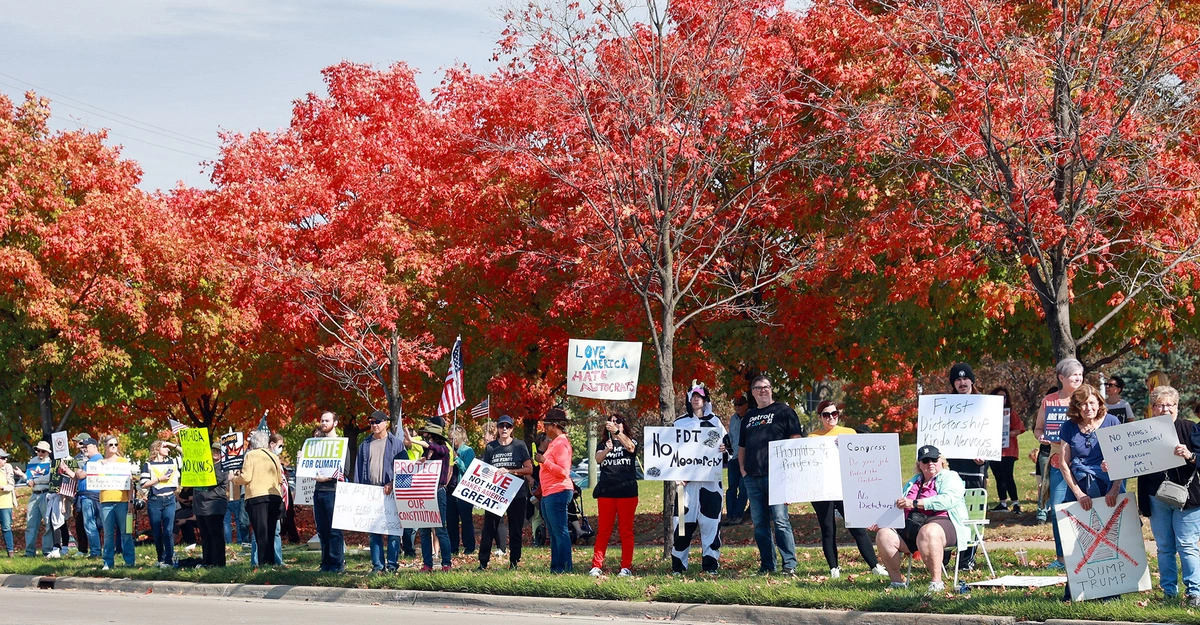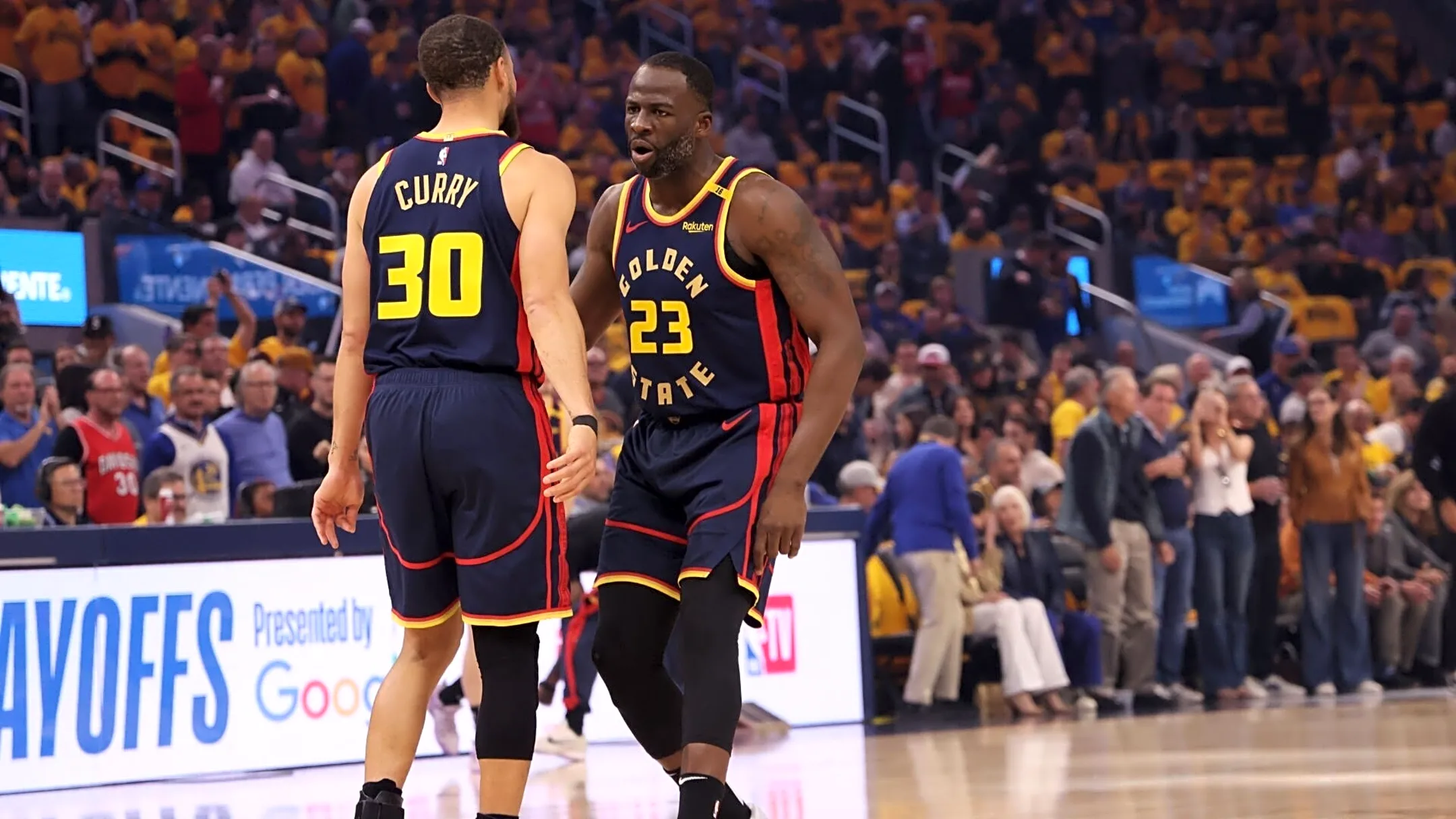Copyright Essence
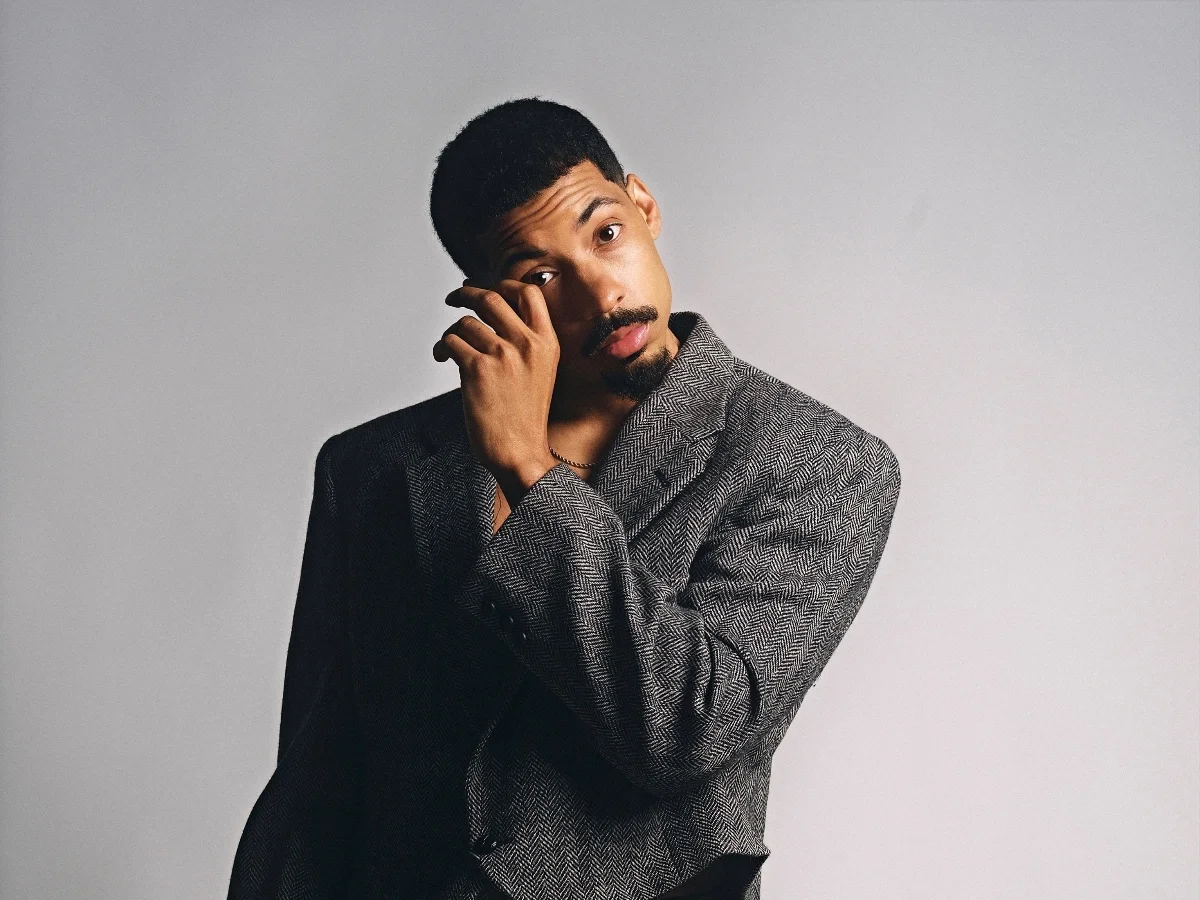
Melvin Gregg is building one of the most impressive careers in Hollywood. Fueled by the drive and ambition birthed from his upbringing in Portsmouth, Virginia, the actor felt that he had “no choice but to succeed.” After earning attention in Steven Caple Jr.’s The Land in 2016, Gregg sharpened his timing through viral Vine sketches that taught him how to make every second count. He then carried those skills into breakout turns in American Vandal, Snowfall, and The Blackening, among several others. Each project became another layer in an artist determined to grow, adapt, and produce work that lasts. Guided by the examples of Will Smith and Denzel Washington, the entertainer’s mindset is about longevity, range, and impact. After a run of dramatic roles, he returned to comedy last month as one of the primary cast members in Peacock’s The Paper, while continuing to expand his filmography with projects like Fight Night: The Million Dollar Heist. Off-screen, however, is where you find Gregg’s true character. As a husband to Bobbie Nelson and father to Marley and Sonny, he approaches family with the same care and intentionality that defines his art. When he met Bobbie, he knew instantly she was “the one,” and together they’ve built the kind of foundation he once only imagined. He also carries with him the wisdom of those who believed early on. John Singleton, the iconic filmmaker and director of Boyz N The Hood, saw greatness in Gregg, and he doesn’t take it for granted. “[He] was really advocating for me—this guy who started so many careers, who’s part of history, not just Black history but film history,” Gregg recalls. “To have him sign off on me and support me is something I still carry with me.” Below, Gregg opens up to ESSENCE about fatherhood, marriage, the Virginia grind, and how The Paper marks a new chapter in his ever-evolving story. ESSENCE: How do you think that fatherhood has changed you as a man? Melvin Gregg: Man, it makes up the majority of who I am. Once you become a dad, everything shifts—your perspective shifts. So how can you best provide for your family? Most of your time is spent with your family. Most of your attention goes to raising your children and trying to be an example of who you want them to be. So it definitely helps you grow. Also, being a disciplinarian and being an example is the quickest way for you to mature into a man. So, I’m not going to say it changed me, but it ignited something in me that wasn’t required before. With you being a husband and father, how have you been able to establish a healthy work-life balance? I don’t really look at it as balance. I look at it as finding harmony because you’re not going to always have a perfect split, but I always put family first. I would hate to be at the end of the road and have this illustrious career but not have a good relationship with my family. It wouldn’t be worth it for me. I would much rather have a great relationship with my family, but God willing, I could have both. As long as I establish harmony or balance, I typically look at it like a nine-to-five or eight-to-four—whatever the situation is—where I commit a certain amount of time using the first part of the day to work. And then after that, I’m clocked out. I got a bracelet and it looks like a watch, but it only sits on one time and it’s like five o’clock—time to clock out. It just really focuses on family and being the best father and husband I could be, and everything else is secondary. You’re born and raised in Virginia. What is it about VA that breeds this unique grind and work ethic? It’s hard to say because I don’t know anything else. Virginia—you don’t have any professional sports. It is just different. So it is very specific, in a sense. You gotta grind and get out. People like D’Angelo, Miss Elliott, Timbaland, etc.; they left Virginia to kind of get on. It ain’t a market for much there. Like I said, we ain’t got a professional sports team, so if you’re an athlete, you can’t expect to play for the home team. You gotta kind of grind and get up out of there. And I think that takes a different kind of honor. You gotta be uncomfortable. You gotta leave home to make a way, but still represent because it made you what you are. But it’s definitely a very special place to be. You blew up off of Vine clips and social media, and now you’re a respected actor. How do you keep reinventing yourself across different spaces like that? I don’t even think it’s reinventing—it’s just showing a different side of me, and it is all methodical. It’s what’s required of me at the time and not being so caught up on how I want to be perceived that I don’t make logical decisions. I’m very logical. When I first moved to L.A. after I left ODU in 2011, I was doing short films, student films, independent films, whatever I could, but I couldn’t really crack the industry. I couldn’t get a reputable agent, and I couldn’t get a reputable agent because I didn’t have legit credits. It was like catch-22: you need an agent to get the auditions; you need the job to get the agent. So I was like, how can I figure this out? At one point I just started studying what I saw online and I kind of broke it down. I kind of reverse engineered what was working and figured out why it worked—because I never really did comedy. I kind of just stayed to myself a lot. But I’ve always been somebody who observed everything and was able to break down and analyze things. So I kind of taught myself comedy in that sense and then things just kind of took off. And a lot of people in the beginning were like, “Oh man, this dude from Vine—” they ain’t buying it. But after a couple episodes of Snowfall I was able to convert a lot of them into fans. Some people still are like “the guy—” which I don’t have control over. But just being conscious of that, I was able to establish myself as an actor and then just continue to diversify my audience by doing different projects that target different audiences. And my last couple of years I’ve been like, “Oh, I need to get back to comedy.” So, I’ve been just very intentional with doing comedy projects like The Blackening or guest star on BlackAF or House Party, or whatever I can in the comedy space—on Fight Night, which was a drama but it mixed comedy as well— to now The Paper, which is definitely a comedy, and being able to continue legacy—the legacy of The Office, which is now The Paper. Why did you feel like The Paper was the right project to do in this stage of your career? You don’t get presented with an opportunity to be on the next iteration of The Office and not be excited to do it. When I’m thinking about what projects I want to do, I always look at the creators behind it. If I could trust that the people that’s behind the show know what they’re doing, I could just relinquish all control and concern and just lean into the character. We had that in Greg Daniels and Michael Koman, so being in good hands is always important to me. But at the top of the year, I had kind of just made a checklist of the type of projects I want to do and the type of things that I want to do for this next chapter of my career. I want to appear a little more mature and I want to separate myself from the drug dealer, criminal trope. When this project came to me, it involved all of the things I was looking for. It checked so many boxes. So it just kind of ignited the fire in me. So when I got this audition, I kind of just dove in and luckily I got it, and I’m super grateful for it. As the only Black man in the mast cast for The Paper, what does that mean to you? I think it’s super important. I feel like we’re a representation of America. We are part of this country just as much as anybody else in this country—we helped build this country. So I feel like we should be respected and we should be projected. I always want to represent a Black person—somebody who has a Black experience. And it’s such a nuanced thing. I never want to play whitewashed—a person who is just Black in color, but not in culture. Although those characters exist and they’re just as important—there are actors who can portray that better. I feel like my strength is somebody who has a Black experience, someone who understands what it feels like to feel like a fish out of water, or to feel like, “Oh, I need to appear safe in this space because I don’t want to be judged in this way because I know what I look like and I know that these people may not be comfortable if I do this to move ahead.” I need to make these people feel comfortable. I need to make these people feel safe. It’s just like an unspoken thing that just becomes automatic with us that I feel like shows need to see. From your Vine days to Snowfall to The Paper, to DIY, to fatherhood—man, you’ve checked so many boxes in your life. What do you hope people say about the story of Melvin Gregg years from now? That he was a great man and a great father. That’s the main thing, man—a great father. I think that’s the most important. The only opinion that really matters in regards to me being a father is that of my wife and my kids. And if I do my job, I ain’t gotta worry about that opinion not being a positive one. So, if I could be an example for men to really just step up and take pride in fatherhood and show how beautiful it can be, I’d be happy with that. As far as content and things I can create—I think that’s aside from who Melvin is. I hope as an actor that I can actually portray these characters in really cool stories that resonate with people. But it’s entertainment at the end of the day. Movies inspire people, but sometimes it’s just entertaining. Sometimes I might want to do something that speaks on social commentary. Sometimes I might just want to do something that’s lighthearted and fun. Like right now, I want to do something that kids could watch. I want my kids to be able to watch whatever I’m doing. I might want to be a villain—a murderous villain—one day. I might want to be a romantic interest in a fairy-tale story. So I know, going on with these different types of projects, some people might see this one thing and they hate the next thing, or might not even look at the next thing. So I really can’t move for the audience in regards to my art. So I can’t really say that I want that to be the centerpiece of how I’m seen. But being a father is something that I think I can consistently strive to be great in—that there’s no room for somebody to say that he wasn’t successful in this place.
